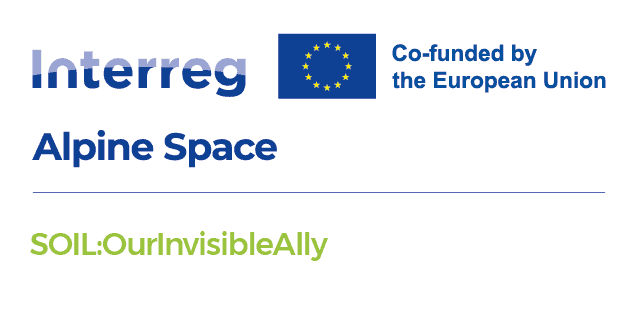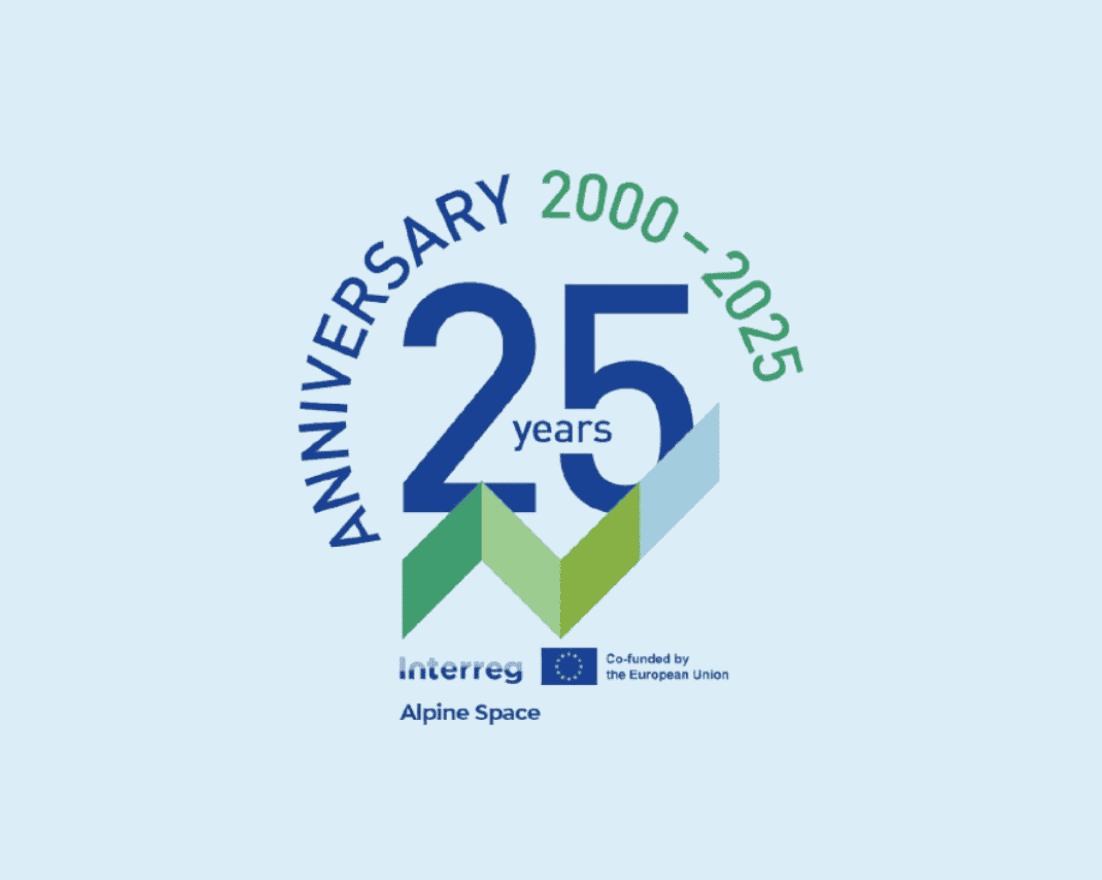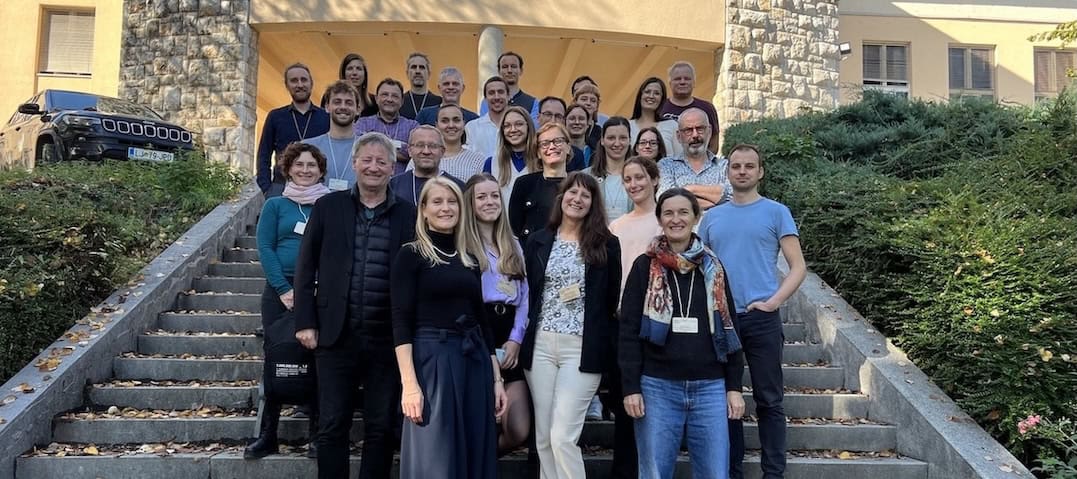
Overview
Only healthy and living soils can provide high levels of resilience to climate change, remain a stable source of our food, purify drinking water, and regulate the climate and water cycle. SOIL:Ally addresses the issue of soil quality decline by bridging the gap between knowledge, legislation, and implementation of Sustainable Soil Management measures. By converting existing knowledge into applied solutions, it makes Sustainable Soil Management accessible, enabling stakeholders to learn and adopt these practices for better soil conservation.
Factsheet
- 2021 – 2027
- Climate resilient and green Alpine region
- SO 1.2 - Enhancing protection and preservation of nature, biodiversity and green infrastructure, including in urban areas, and reducing all forms of pollution
-
- AG6 Natural resources
- 2.849.646 EUR
- 2.137.235 EUR
Description
The Alpine region is not only a geographical area, but also a cultural one with unique landscapes, traditions and land use practices. Unfortunately, the overuse of resources and the effect of climate change have been exacerbating soil degradation in the region calling for a shift in land management practices. Although solutions and relevant data already exist, change is hindered by the lack of soil literacy and efficient dissemination of soil knowledge among relevant stakeholders.
SOIL:OurInvisibleAlly is no research project in the conventional sense. Rather, it focuses primarily on spreading knowledge about and awareness of soils among a variety of stakeholders by:
- distilling findings about sustainable soil management best practices and the most common obstacles encountered during or even before their implementation,
- creating or partnering with pilot sites to showcase real-life use cases of sustainable soil management best practices,
- training "multipliers" - actors equipped to further disseminate learnings - on sustainable soil management,
- and utilizing artistic expressions and cultural events that combine scientific information with interactive aesthetic experiences to build curiosity and affinity towards the topic of soil.
Partners
- 46.052427814.4800014
- 47.770750711.4312194
- 46.0606681514.518475713369222
- 47.823030813.0391046
- 47.261478611.3936904
- 46.6033541.8883335
- 45.06963647.6890832
- 48.0487060510.870920518201753
- 45.73685187.3221999
- 48.416893611.5328549
- 46.052427814.4800014
- 46.154545859.877503798647414
























Outcomes
-
Collection of easy-to-use SSM methodologies to support soil ecosystem services and climate resilience. Additional communication & involvement guidance for independent implementation
Soils are often prone to degradation (compaction, organic matter/biodiversity loss, erosion). Methodologies for improved evaluation & cultivation of most land uses & activities (e.g. agroforestry, peatland restoration, carbon farming, NBS) will be collected &, together with local/regional stakeholder knowledge, adapted towards easy use and tailored applicability, incl. blueprints on stakeholder involvement for case studies & communication guidance, then promoted & applied in case studies (WP2). -
Sustainable soil management, climate resilience & climate change adaptation concepts for pilot actions in the different Alpine countries
With the hand-on-results from WP1, the concept will be elaborated/implemented/evaluated in 10+ relevant case studies. Objectives: 1) demonstrate WP1 methodology efficiency, 2) added value in municipal/regional planning process for prudent & sust. use of soil resources e.g. peatlands, effects on LUC&CR, erosion 3) display living examples for credibility & replicability. The pilot activities & guidance (O22) are exploited at joint & transnat. level to strengthen the work of EUSALP AG6,7&AC-SWG -
Booklet for municipalities & policymakers: SSM Solutions, best-practice examples and case studies, stakeholder guidance, success criteria and how to overcome most the common obstacles
Land-use guideline with Do-how lesson-learning from & for municipal planning case studies with solutions & decision making, to use the outcomes of the SOIL pilot sites in other regions, possibly legislation & land use /spatial planning; presented at conferences to (soil) experts & non-expert policymakers, incl. a chapter (for landowners & decision makers) to overcome obstacles (legislation, cross-sectoral, emotional, financial, etc.) & strengthen success criteria. -
Capacity building toolbox & educational package for multipliers / training centers for further independent distribution of the project findings
With "train the trainer" programs, incl. multiplier sessions & A12-learnings, Capacity build(CB) ensures effective implementation of SSM tools by end-users. This fosters widespread understanding of SSM's benefits, enabling long-lasting impacts on prudent management of soil resource, utilization & transferability of SSM. Additionally, CB enhances stakeholders' capabilities in utilizing SSM for informed decision-making in land use planning & soil protection, thereby amplifying the project's reach
Project calendar




